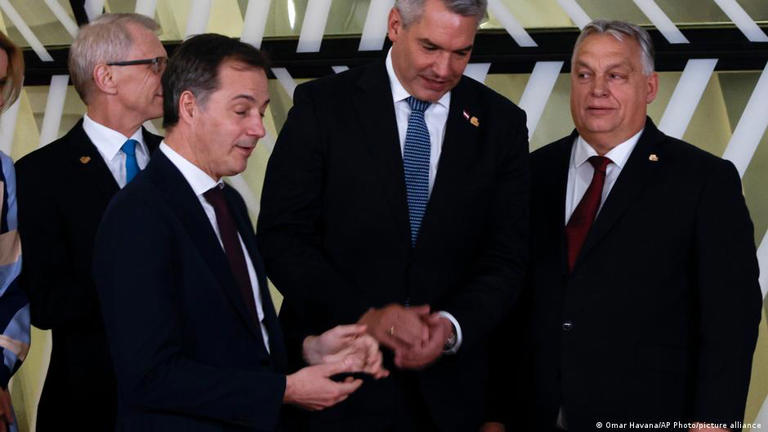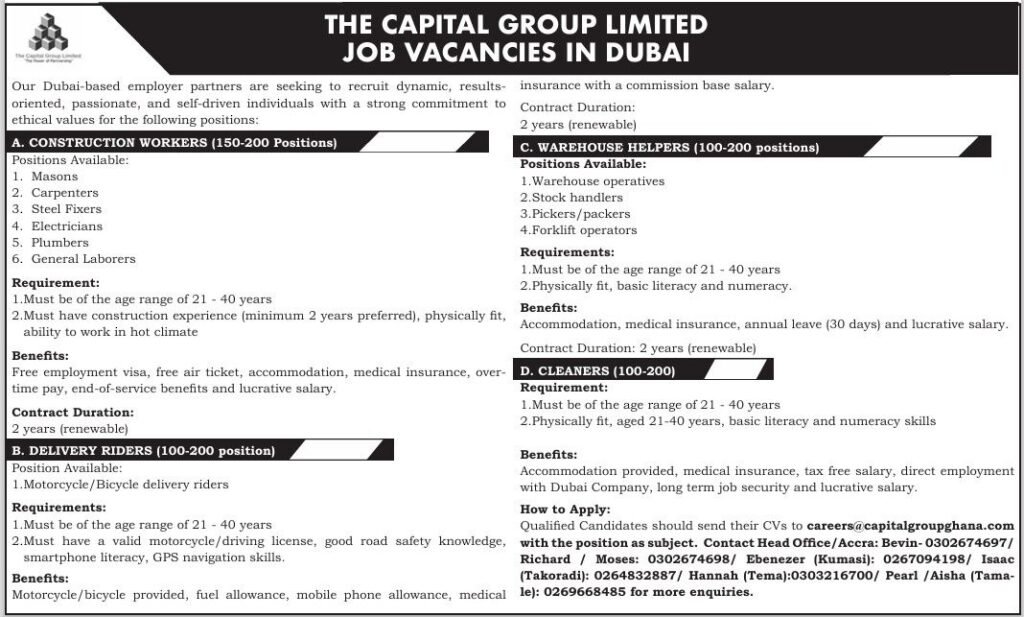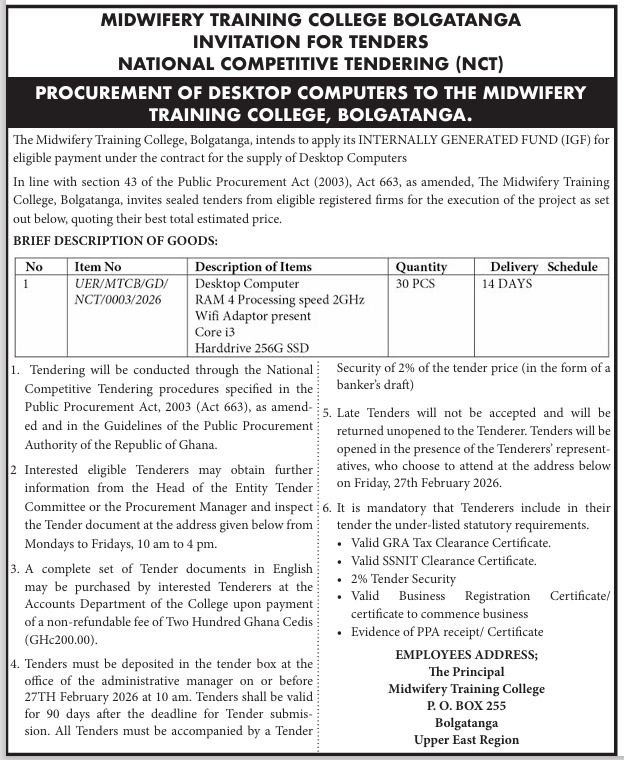
Belgium assumes the presidency of the EU Council on January 1. It aims to carry out an ambitious agenda before Europe and Belgium switch to election campaign mode later in the year.
Asked what makes Belgium especially suited to take over the presidency of the EU Council in January, a smiling Foreign Minster Hadja Lahbib recently said “compromis a la belge [Belgian compromise], that is our secret.” At the December presentation of Belgium’s presidency agenda, she added that “we are better in finding solutions than creating problems.”
Lahbib, who is from the French-speaking region of Wallonia, only entered politics a year and a half ago after a career as a television journalist. She describes Belgium as a “multilingual, multiethnic country with many ideas” that is used for discussions and seeking out compromise. Lahbib herself was born to Algerian immigrant parents.
It is up to the Belgian Council Presidency to finalize over 100 outstanding legislative projects in the EU together with the European Parliament until the end of April. Among them are efforts to reform asylum processing in the bloc and regulate artificial intelligence.
At the end of April, the European Parliament will meet for its last plenary session before the European elections are held in the first week of June. Any legislative projects that have not been completed by then will have to be tackled by the next European Parliament and a newly formed EU Commission in the fall.

Time is pressing
The Belgian government therefore has little time to waste. Liberal Belgian Prime Minister Alexander De Croo, who hails from Belgium’s Dutch-speaking Flanders region, wants to push through laws that will facilitate a green restructuring of the economy and increase Europe’s global competitiveness. De Croo says Europeans expect the EU to deliver results ahead of the European elections.
“That means protecting our people, that means strengthening our economy, that means preparing a shared future,” De Croo said, summarizing Belgium’s agenda for the EU Council Presidency. “For Belgium it is the 13th time that we will take over the presidency, we should be knowing what we are doing, I am convinced that we have quite some experience.”
At a special summit on February 1, the Belgian government must try to work out a long-term EU budget that includes €50 billion ($55.3 billion) in aid for war-torn Ukraine. At the last December summit, Hungary blocked this with a veto.
“It is important that we show our continued support for Ukraine,” said De Croo. Who added that “the unity of that union will be of critical importance to determine our shared success in the many challenges that are ahead.” He did not, however, spell out how he intends to change Hungarian Prime Minister Viktor Orban’s mind.
Working with euroskeptic Hungary is difficult, but cooperation is necessary because Hungary will take over the rotating EU Council presidency in the second half of 2024, after Belgium. Hearings will be held over rule of law issues in Hungary, according to Lahbib. Even so, she remained optimistic. “We work in a trio, for me it is a presidency like any other.”
But it is unclear whether the first intergovernmental talks on the agreed opening of accession negotiations with Ukraine and Moldova will take place in the first half of 2024. Belgium wants to focus on enlarging the bloc and preparing the EU to take in new members.
Urgently needed reforms
The EU cannot continue operating as before, according to Janis Emmanouilidis of the European Policy Centre. Discussions about the EU’s internal mechanisms and strategic foreign policy goals are urgently needed, he said at an event in December. The coming year, Emmanouilidis argued, poses many potential challenges for the bloc, among them possible Russian expansionism towards EU borders, a rightward lurch in the European elections, and the possible re-election of Donald Trump in the US.
“If Putin is watching us, if the European elections don’t go well, if the US elections don’t go well, he might challenge us,” Emmanouilidis said. “Are we prepared for such a situation?” He also said that “the old logic no longer works, but the fact that we have at least understood how bad the situation is, that we are more brutally honest, is good news, not bad news.” That is why, he said, strategic discussions are overdue under the Belgian EU Council Presidency.
Some Belgian journalists, however, doubt the Belgian government has the strength to push through its ambitious agenda, in view of the local, regional and federal elections being held alongside June’s European elections. It is far from clear whether Belgium’s seven-party coalition government can stay in power.
The alliance comprises the Socialists, Greens, Liberals and Christian Democrats but is falling behind in the polls. Right-wing parties and radical right-wing separatists in Flanders, on the other hand, are making gains. Their rise could make forming a government even more complicated. After the last election, it took almost 500 days for the current coalition to form.
Prime Minister De Croo, however, does not believe the election campaign will complicate or influence his country’s EU Council Presidency, though he himself is unlikely to return as head of government, as his party, the Flemish Liberals, have plummeted in the polls.
This article was translated from German.
Author: Bernd Riegert
The post Belgium has ambitious goals for EU Council presidency appeared first on Citinewsroom - Comprehensive News in Ghana.
Read Full Story






















Facebook
Twitter
Pinterest
Instagram
Google+
YouTube
LinkedIn
RSS